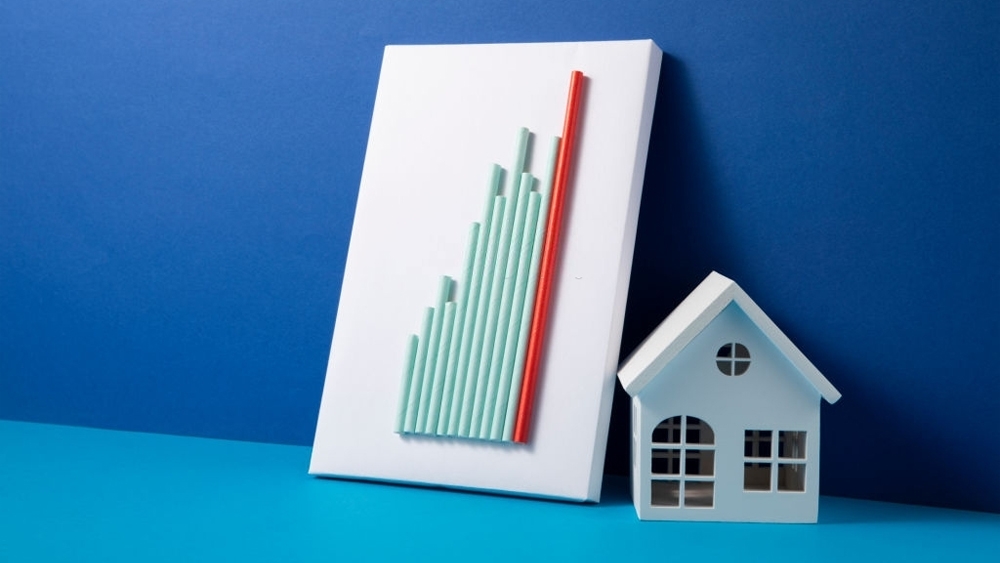Many factors influence real estate price fluctuations. Some of these factors are based on economics and population density, and some are derived from more subtle details. Home prices are affected by economic conditions, interest rates, real income, population changes, and supply and demand. In an era of rising demand and limited supply, house prices and rents will increase eventually. In this article, we will address some of these factors and explain the reason behind the fluctuation in the real estate field.
The effect of supply and demand on housing price volatility
We all know how the economic forces of supply and demand affect housing prices. If there is a lack of supply and high demand to buy a house, housing prices will rise, and buyers will have to pay more. But when demand for housing is low and supply is high, the opposite will happen, and housing prices will fall. This fluctuation in housing prices depends on supply and demand conditions.
Economic growth and real estate fluctuation
Another essential factor influencing home prices is the economy’s overall health and growth. Socio-economic health is measured using economic indicators such as GDP (Gross Domestic Product), employment rates, production activities, and raw material prices. When the financial situation is chaotic and confusing, real estate prices can fluctuate significantly. Housing demand is related to income which means with higher economic growth and higher income; people can spend more money to buy a home. This will increase demand and raise real estate prices. Increasing revenue means that people spend most of their income buying homes as an investment. Similarly, in a recession, lower incomes mean that people will not be able to buy, and as a result, home prices will fall as housing demand declines.

How interest rates affect price fluctuations in real estate
Interest rates also influence housing prices. Interest rate fluctuations can significantly impact a person’s ability to purchase a home. This is due to the fact that when interest rates are low, consumers will spend less for a mortgage to buy a home, increasing demand for housing and causing the price of the property to rise again. The interest rate influences the cost of paying the monthly mortgage. As a result, during periods when interest rates are incredibly high, the price of mortgage payments would rise, and demand for home ownership would fall, causing people to prepare to rent. For example, imagine an individual with an average salary who wants to buy a home in Vancouver where the fixed mortgage interest rate is 2.19%. Now let’s double the interest rate for the sake of argument and see how increasing the rate will affect the real estate price. With higher interest rates, people will have to pay more of their loan monthly, leading them to financial difficulties by the time they have leveled their loan balance with the bank. In such situations, people are usually reluctant to buy a home and prefer renting a house, which will negatively impact house pricing.

Impact of unemployment rate on housing price fluctuation
The unemployment rate highly depends on economic growth, so when unemployment rate rises, people will be less able to pay for a house. An individual who has lost his job will not be able to pay his mortgage, and it is in his best interest to sell the house before facing foreclosure. Even fear of unemployment may deter people from buying a home. As a result, lower demand for housing due to unemployment will lead to lower house prices.

